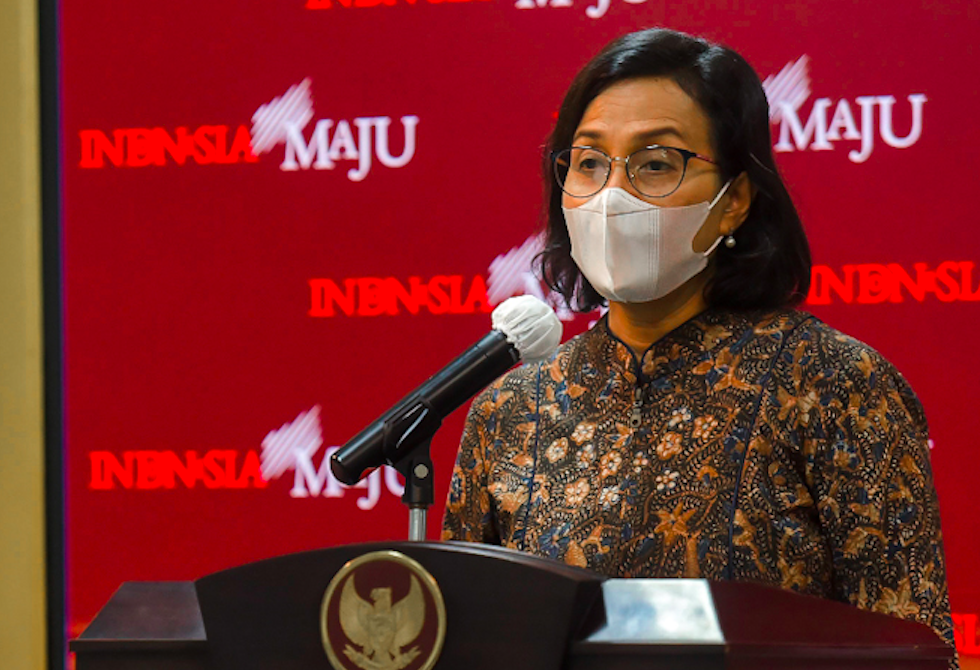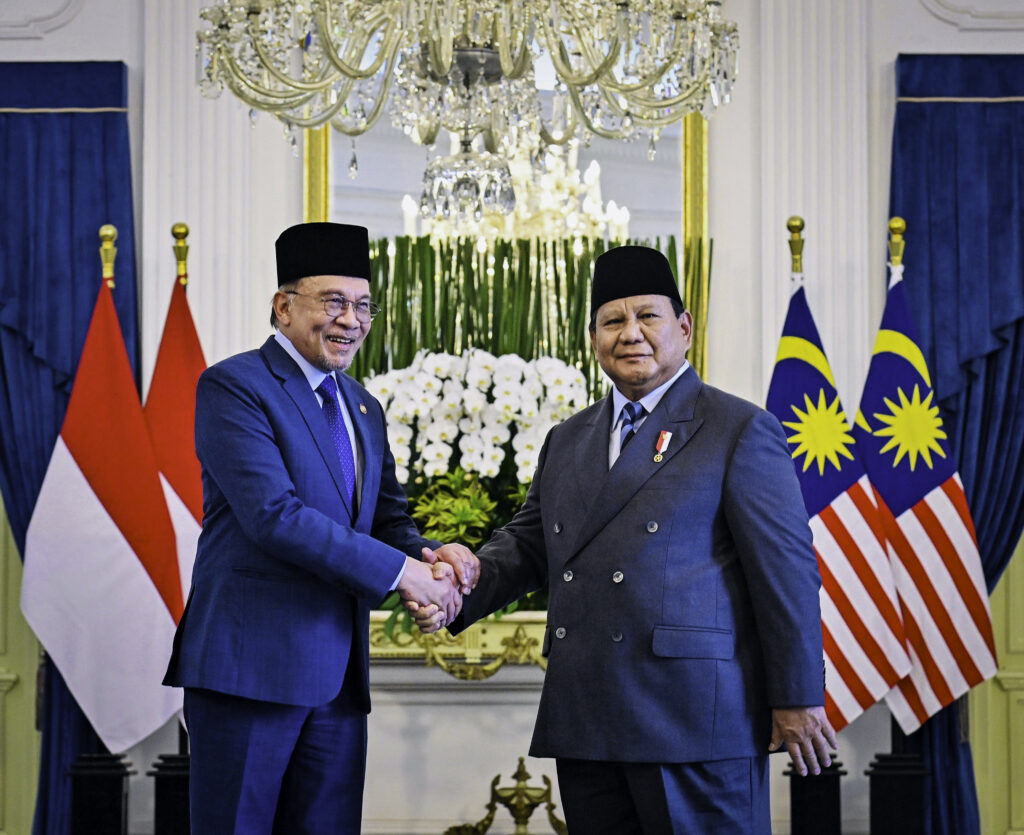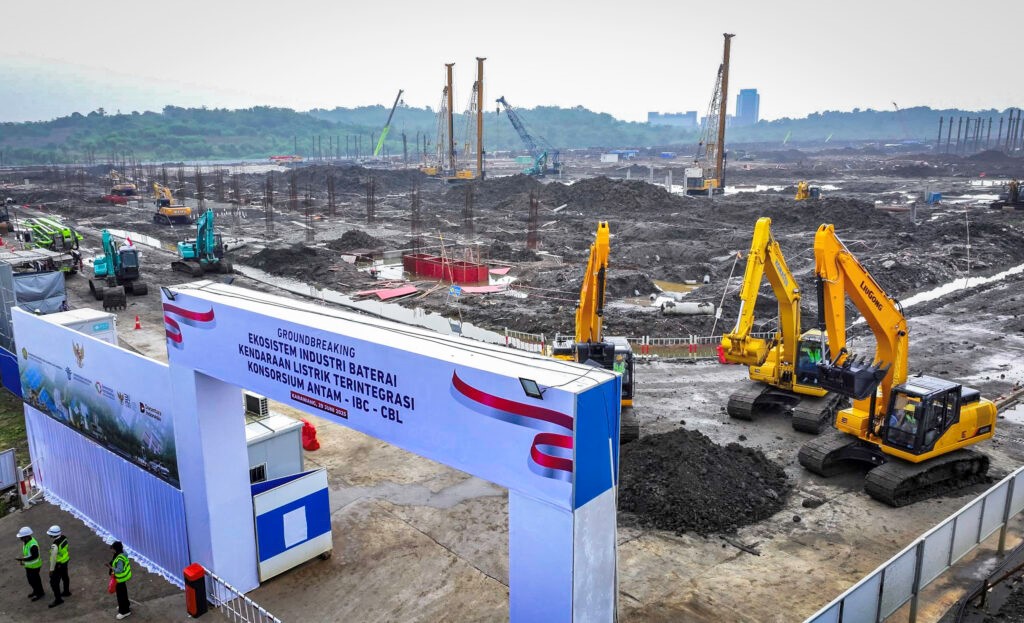State Expenditure Speeds Up Economic Recovery in Semester I: Minister

Minister of Finance Sri Mulyani (Photo by: PR Setkab Documentation)
The realization of government spending is the driving force for economic recovery amid the COVID-19 pandemic, Minister of Finance Sri Mulyani has said.
“The State Budget has become a driving force for extraordinary economic recovery, especially in the first semester,” Sri Mulyani said in a press statement after attending the Plenary Cabinet Meeting on the Realization of Semester I and the Prognosis for Semester II of the Implementation of the 2021 State Budget (APBN) via video conference, Monday (05/07).
The Minister said that the realization of state spending in Semester I has reached Rp1,170.1 trillion or 42.5 percent of the 2021 target. Compared to last year’s growth of only 3.4 percent, the budget spending rose to 9.4 percent. The increase was triggered by the large Central Government spending, which amounted to Rp796.3 trillion, up 19.1 percent from the previous year.
“The spending of ministries and institutions contributed the largest portion, namely Rp449.6 trillion or 43.6 percent of the total ministry/institutional (allocation) expenditure, or increased by 28.3 percent compared to that of the previous year,” she added.
Furthermore, non-ministerial/institutions spending in Semester I has reached Rp346.7 trillion or rose by 8.9 percent from previous year. Meanwhile, the realization of transfers to regions and Village Funds only reached Rp373.9 trillion or contracted by 6.8 percent compared to that of previous year which reached Rp400.9 trillion. “This figure also includes unused funds (SILPA),” Sri Mulyani said.
According to the Minister, total state revenues in the first semester reached Rp886.9 trillion or 50.9 percent of this year’s target of Rp1,743.6 trillion. This means that state revenues saw a growth by 9.1 percent compared to last year’s 9.7 percent contraction.
Sri Mulyani further said that the biggest contributor to the revenue was tax revenues which reached Rp557.8 trillion or 45.4 percent of the total allocation or rose by 4.9 percent from the previous year. “Last year, our tax revenues contracted by 12 percent or only received Rp531.8 trillion. This means our tax revenues this year have recovered from minus 12 percent and is now seeing a growth near 5 percent,” she added.
Meanwhile, customs and excise revenues reached Rp122.2 trillion or 56.9 percent of the 2021 target of Rp215 trillion, the Minister said, adding that the realization grew by 31.1 percent compared to the previous year’s (8.8 percent).
The Government has received Rp206.9 trillion for Non-Tax State Revenue (PNBP), Sri Mulyani added, or rose by 11.4 percent compared to that of 2020. “This is also an extraordinary recovery since our PNBP contracted by 11.2 percent last year,” she said.
Overall, said the Minister, the difference between state revenues and expenditures reached Rp283.2 trillion. “In this semester’s realization we saw a deficit of Rp283.2 trillion or 1.72 percent,” she added.
On that occasion, Sri Mulyani also stated that the handling of COVID-19 would still greatly affect Indonesia’s economic growth in the second semester of this year. In this regard, the implementation of vaccination to achieve herd immunity is a critical element, thus the Government plans to increase the daily vaccination target gradually up to 3 million doses per day.
“In the meeting, President Joko “Jokowi” Widodo said that all elements of government must join hand to increase vaccination targets. If necessary, vaccinations must be carried out in the morning, afternoon, and evening using all available governmental resources,” she said, adding that herd immunity will also boost Indonesia’s economic growth.
According to the Minister, the Government will refocus the budget of ministries/agencies of Rp26.2 trillion for handling the pandemic and economic recovery.
“Plus Rp6 trillion sourced from the Village Fund Financial Transfer (TKDD). The budget will be used to finance various expenditures in ministries/institutions for handling COVID-19, be it for vaccination, testing, tracing, or for the cost of treating patients or health workers,” she concluded. (TGH/UN) (GWH/MUR)








